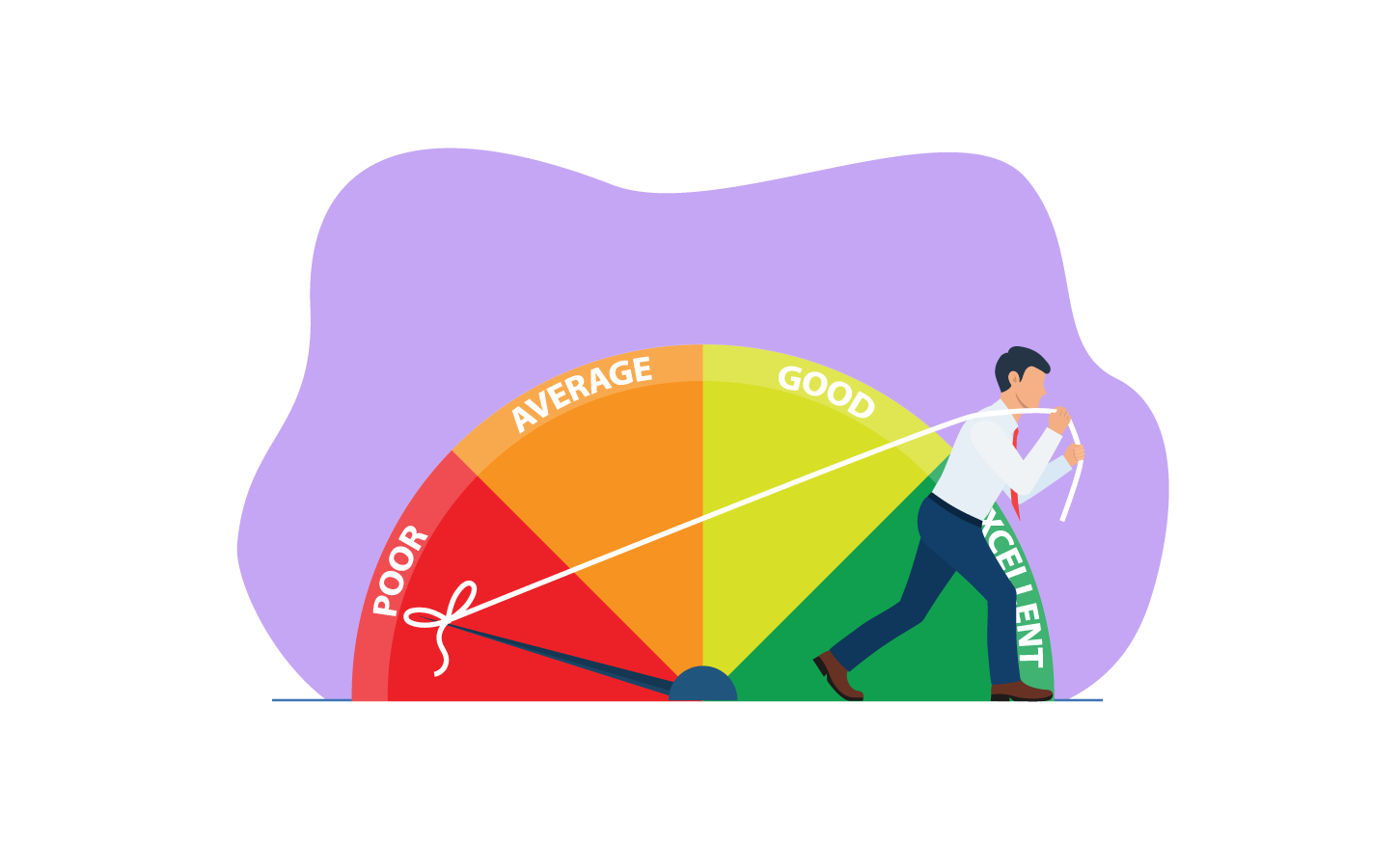It can be a daunting experience to face retrenchment. For those without much liabilities, they may welcome the small break they will get before getting the next job. But for others who have a mortgage loan to service and mouths to feed at home, they may feel dejected and depressed.
For those who are stuck in shock, it isn’t the best time to take care of their financial matters since they may not act rationally. But in order to keep things going and put everyone at home at ease, a review of the current financial situation has to be done. Here are some of the common mistakes you need to be aware of.
1. Sell all your investments
It may seem like a very logical step to sell all your investments in order to liquidate your funds. These include existing money in equities, funds, ETFs, investment-linked policies, endowment… you get the drift. But we also know that when you make an investment, the predicted returns are based on liquidating them only upon maturity.
This is why you may want to take time to look at what you should and should not liquidate. For instance, cancelling your investment-linked policy may not be a great decision since you will likely lose money and lose insurance protection at the same time.
Give yourself a timeline to work with – selling your stocks in month 1, cashing out of your funds in month 2… and so on. Who knows, you might get a new job fast enough!
2. Not reviewing your financial situation
This is especially important for those who have dependents or have financial liabilities to take care of on a monthly basis. You need to sit down and take a holistic look at your finances. List down all your monthly liabilities and prioritise them. This will help you think clearly. Your list may look something like this:
- Home loan
- Health insurance
- Food
- Outstanding debts – credit cards, car loans, personal loan
- Utilities
Next, you want to look at how you can finance the individual items by priority. For instance, you might want to switch to purely using your CPF to pay off your home loan until you find a job. Keep the health insurance but if possible, reduce the coverage to reduce premiums. Take a consolidation loan to consolidate the multiple debts you have and reduce interest payments.
3. Taking a personal loan as the first measure
Without a job now, taking a loan might be difficult. But even if you can, you should think twice. We always advise our clients to take on a loan only if they know they can repay it. If you are taking credit on the grounds that you will “someday” pay it off, stop and think again. Loans incur interest, and these interest compound. Before you know it, the loan might grow faster than you can handle and put your assets(like your house) in jeopardy.
4. Rejecting a part-time job
Most people may end up sitting at their desk the entire day, sending resumes in the hope of getting a job as soon as they can. While this is a good step, you may realise that the job pool will dry out after a week of actively seeking.
Consider a part-time job while you continue to search for a full-time one. With a part-time job, it can at least supplement existing income and occupy your mind. Who knows, you might even meet someone new who can help you with a permanent job offering!
5. Wanting to “Save Face”
Many of us may feel bad about being retrenched. You might disguise it as being the one who has quit the job. Some people may go on living the life as normal, spending as they wish, using their credit cards and continuing their previous lifestyle.
This is silly because you may cause your own family to suffer simply to hide the fact that you were retrenched(which isn’t your fault as well). It’s better to open up, at least with those closest to you so you can work together to ride out the crisis.


















